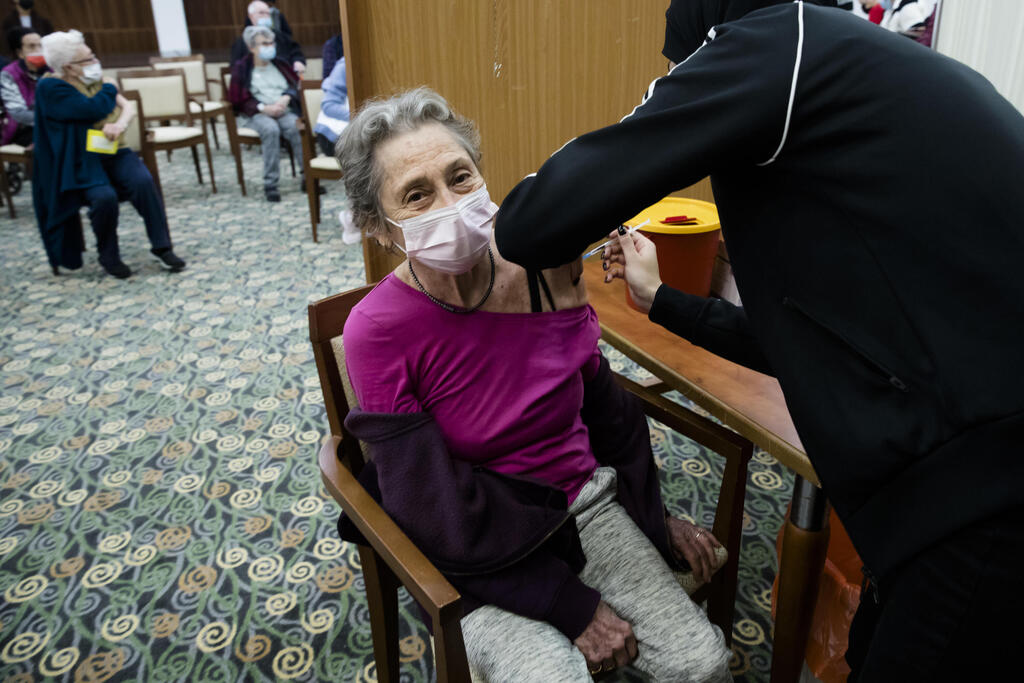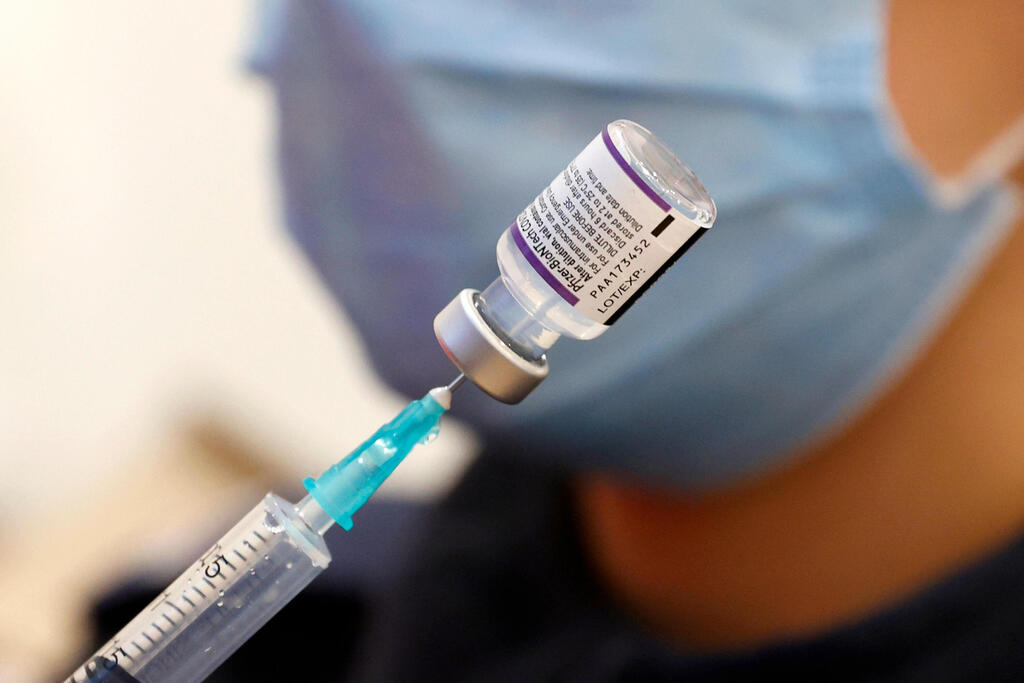Getting your Trinity Audio player ready...
A fourth dose of the Pfizer/BioNTech vaccine lowered rates of COVID-19 among the elderly but the protection against infection appeared short-lived, a large study in Israel has found.
The second booster's protection against infection dwindled after four weeks, Israeli researchers showed in their study published in the New England Journal of Medicine.
Protection against severe illness did not wane during the six weeks after the dose was administered but more follow-up study was needed to evaluate its longer-term protection, the researchers said.
The study on 1.3 million people aged 60 and older looked at data from the Health Ministry database, collected between Jan. 10 and March 2, when the Omicron variant was the predominant cause of morbidity in Israel .
It comes ahead of a meeting of the U.S. Food and Drug Administration on Wednesday to discuss the need for additional boosters, a week after the United States authorized a second booster shot for people aged 50 and older amid a spread of the Omicron sub-variant BA.2.
European health ministers have also urged the bloc's governments to back a fourth dose for people over 60.
In Asia, South Korea started administering a fourth doses of COVID-19 vaccines in February and Singapore has said a second booster dose is planned for those aged 80 and older.
Another study from Israel showed last month. that seniors who received a second booster of the Pfizer Inc/BioNTech SE COVID-19 vaccine had a 78% lower mortality rate than those who received just one booster shot.
Israel started offering a second booster in January.



